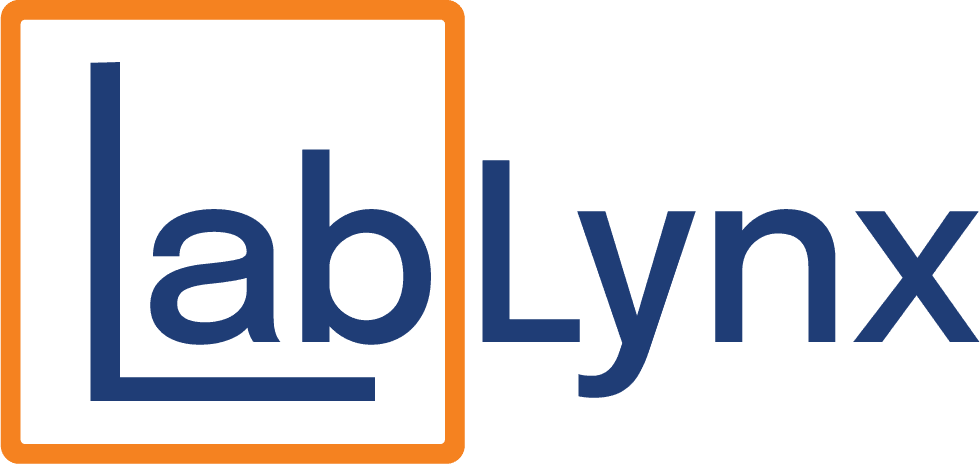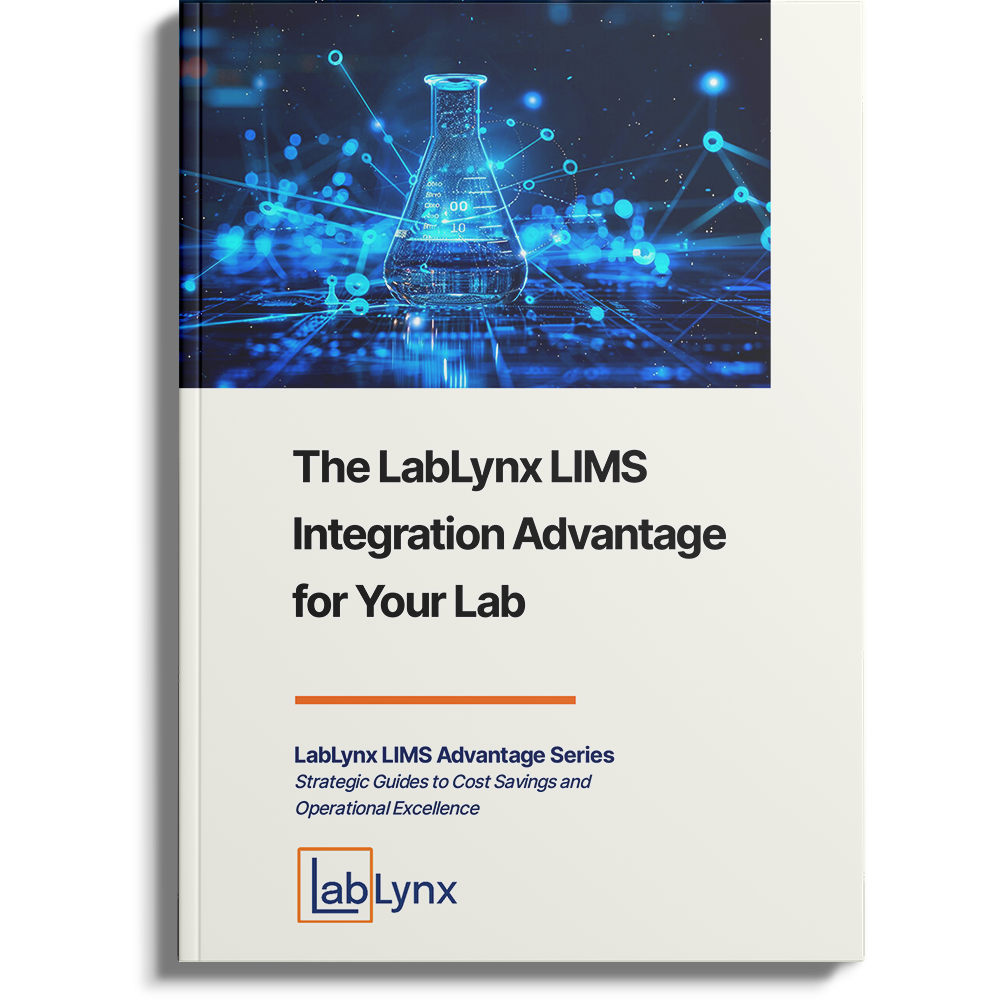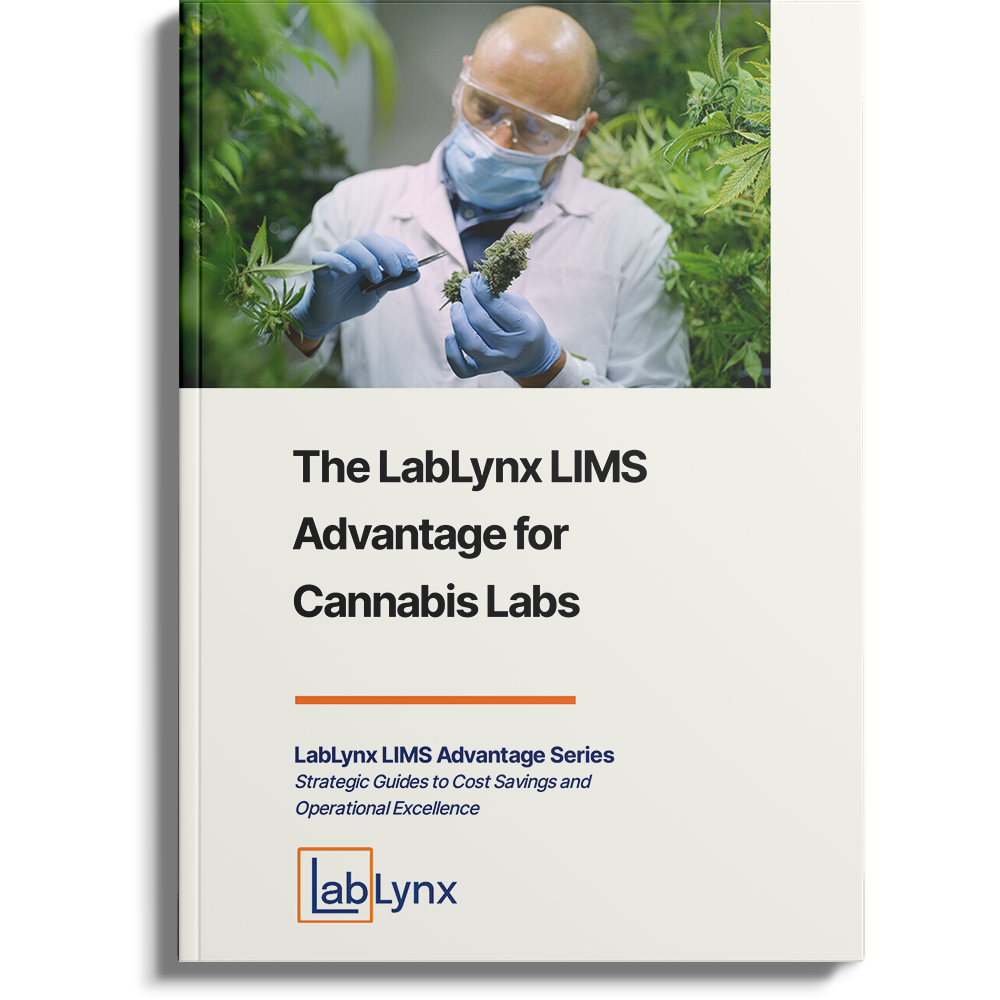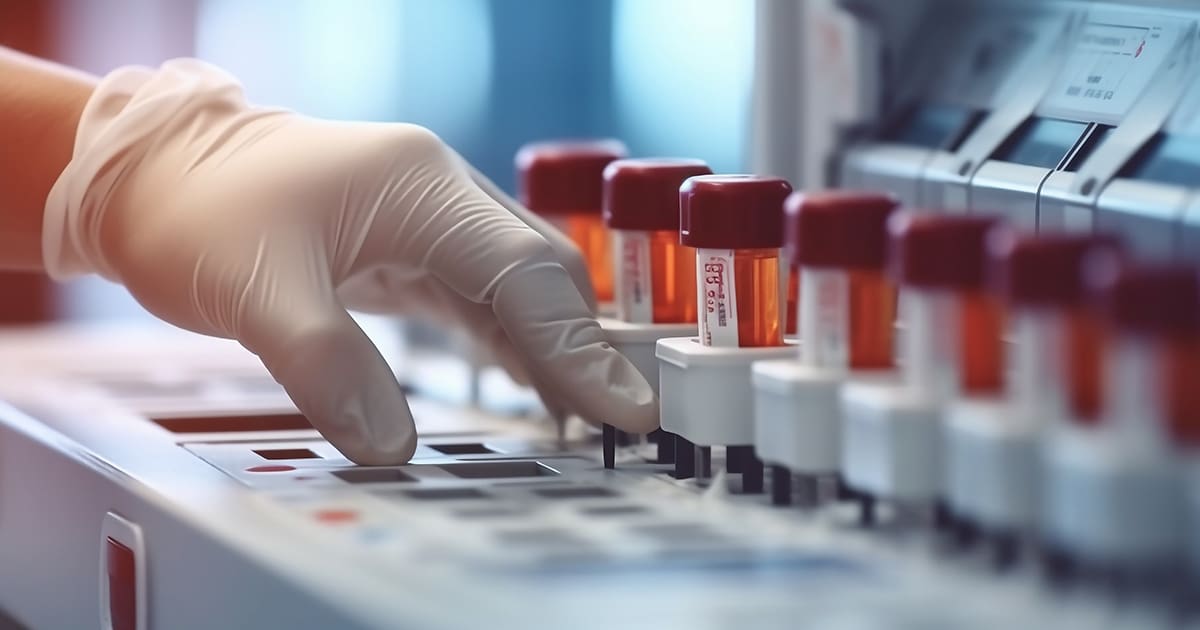
In the dynamic realm of healthcare, clinical laboratories are at the forefront of innovation, constantly striving to enhance efficiency, accuracy, and patient care. The integration of Artificial Intelligence (AI) with Laboratory Information Management Systems (LIMS) is proving to be a game-changer, revolutionizing the way labs operate and unlocking a new era of possibilities.
Intelligent Automation: Streamlining the Lab Workflow
The traditional laboratory workflow is often riddled with repetitive, time-consuming tasks that can lead to errors and delays. AI-powered LIMS are stepping in to automate these mundane processes, freeing up valuable human resources for more complex analyses. AI algorithms can intelligently manage sample accessioning, labeling, and tracking, minimizing the risk of mix-ups and ensuring seamless traceability. Moreover, AI-driven data entry and validation significantly reduce the potential for human error, enhancing data integrity and reliability.
Predictive Analytics: Early Disease Detection and Prevention
One of the most exciting frontiers in clinical laboratory medicine is the use of AI for predictive analytics. By analyzing vast datasets of patient information, test results, and medical histories, AI algorithms can identify subtle patterns and correlations that might elude human observation. This capability enables early disease detection, risk stratification, and personalized treatment recommendations. For instance, AI-powered LIMS can predict the likelihood of certain diseases based on a patient’s genetic profile and lifestyle factors, paving the way for proactive interventions and improved health outcomes.
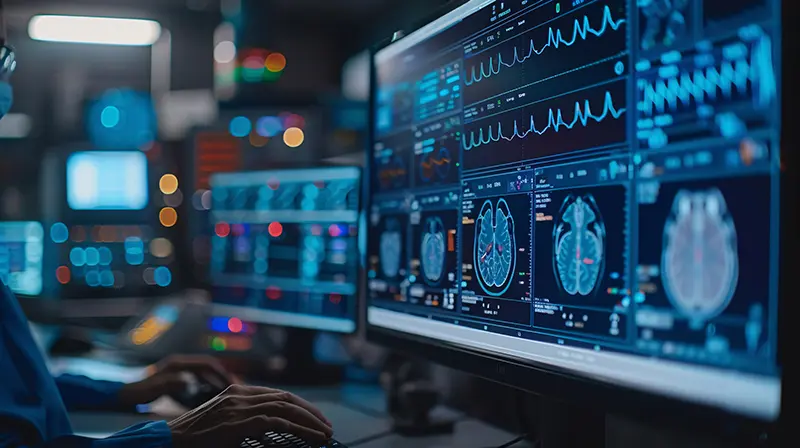
Quality Control and Assurance: Uncompromising Accuracy
Maintaining rigorous quality control and assurance is paramount in clinical laboratories. AI is playing a pivotal role in enhancing these critical processes. AI algorithms can continuously monitor instrument performance, detect anomalies in real-time, and flag potential issues before they impact test results. Additionally, AI can analyze quality control data to identify trends and patterns, enabling proactive interventions to prevent errors and ensure consistently accurate results.
Data Mining and Interpretation: Unveiling Hidden Insights
Clinical laboratories generate a wealth of data, but extracting meaningful insights can be a daunting task. AI-powered LIMS are transforming data mining and interpretation. AI algorithms can sift through massive datasets, identifying correlations, trends, and anomalies that may have clinical significance. This can lead to the discovery of new biomarkers, improved diagnostic accuracy, and the development of more effective treatment strategies.
Decision Support Systems: Empowering Clinicians
The complexity of modern medicine often requires clinicians to make critical decisions based on a multitude of factors. AI-powered LIMS are emerging as invaluable decision support tools. By integrating patient data, test results, and medical knowledge, AI algorithms can provide clinicians with evidence-based recommendations, helping them to choose the most appropriate diagnostic tests, interpret results accurately, and personalize treatment plans.
Research and Development: Accelerating Innovation
The field of clinical laboratory medicine is constantly evolving, with new tests and technologies emerging regularly. AI is playing a pivotal role in accelerating research and development in this domain. AI algorithms can analyze vast amounts of scientific literature, identify research gaps, and propose novel hypotheses. Additionally, AI can assist in the design of clinical trials, optimizing study protocols and data collection strategies.
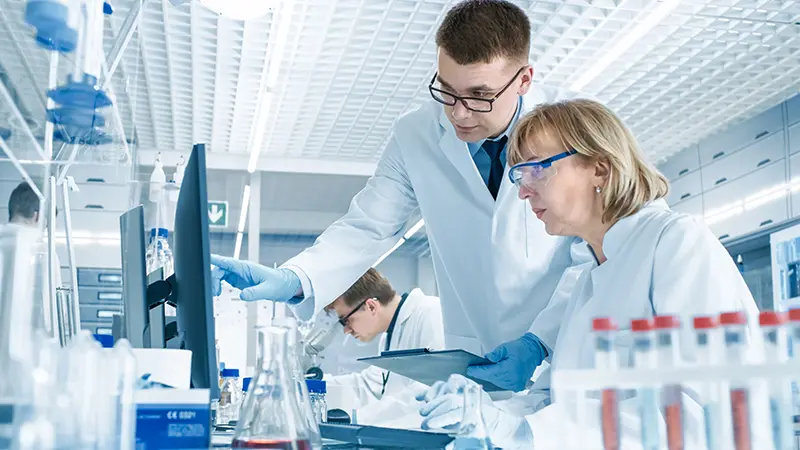
Resource Optimization: Enhancing Efficiency and Cost-Effectiveness
The efficient allocation of resources is a constant challenge in clinical laboratories. AI-powered LIMS are helping labs to optimize their operations and reduce costs. AI algorithms can predict sample volumes, optimize reagent usage, and schedule instrument maintenance, ensuring that labs operate at peak efficiency. Furthermore, AI can identify areas where costs can be reduced without compromising quality, contributing to the overall financial health of the laboratory.
Security and Compliance: Safeguarding Sensitive Data
Clinical laboratories handle vast amounts of sensitive patient data, making data security and compliance a top priority. AI-powered LIMS are bolstering security measures by implementing robust authentication protocols, encryption technologies, and anomaly detection systems. This ensures that patient data remains confidential and protected from unauthorized access. Additionally, AI can assist in maintaining compliance with regulatory requirements by automating documentation and audit trails.
Personalized Medicine: Tailoring Treatment to the Individual
The era of personalized medicine is upon us, and AI is playing a crucial role in its realization. AI-powered LIMS are enabling the analysis of individual patient data, including genetic information, to tailor treatment plans and medication choices to the specific needs of each patient. This approach has the potential to revolutionize healthcare by maximizing treatment efficacy and minimizing adverse effects.
The Road Ahead: Embracing the AI Revolution in Clinical Laboratories
The integration of AI with LIMS is poised to transform clinical laboratories in profound ways. As AI technology continues to advance, we can anticipate even more innovative applications in the future. From enhanced automation and predictive analytics to personalized medicine and precision diagnostics, the possibilities are vast.
Conclusion
In conclusion, the fusion of AI and LIMS is ushering in a new era of clinical laboratory medicine. By harnessing the power of AI, labs can streamline operations, enhance accuracy, accelerate research, and ultimately improve patient care. Embracing this technological revolution is essential for labs to remain competitive and at the forefront of innovation in the healthcare landscape.
As AI continues to evolve, the potential for transformative breakthroughs in clinical laboratory medicine is limitless. The future is bright, and AI-powered LIMS are leading the way.
